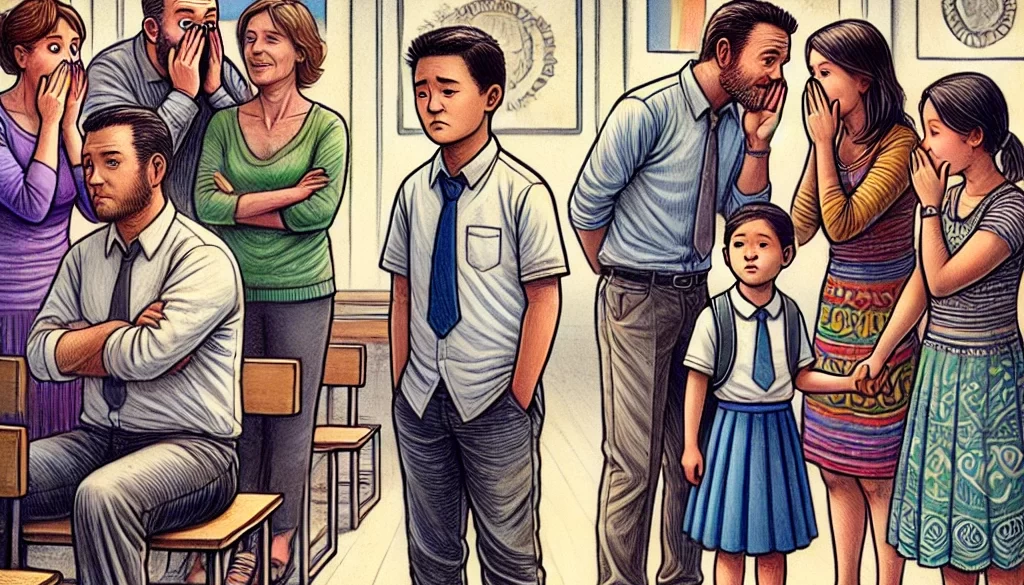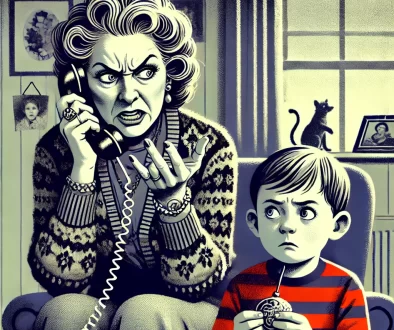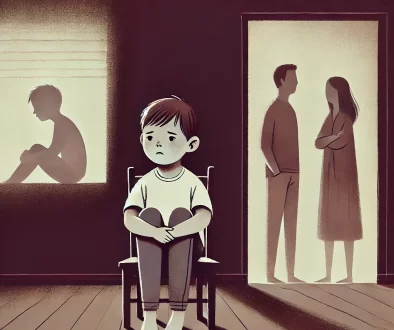Parental Alienation and the Weaponization of False Allegations in Family Court
Parental alienation is a deeply destructive phenomenon where one parent systematically manipulates their children to undermine the relationship with the other parent. Among the many tactics used by alienating parents, leveraging false allegations in family court to exclude the targeted parent from their children’s lives is particularly insidious. Beyond the legal ramifications, these allegations often spill over into the social sphere, creating a toxic ripple effect that isolates the targeted parent and fosters an environment of mistrust and misunderstanding among the child’s broader community.
False Allegations in Family Court: A Strategic Maneuver
Family court systems are meant to protect children’s welfare, but they are also vulnerable to misuse. Alienating parents may file false allegations—ranging from accusations of abuse to claims of inappropriate behavior—to gain a legal upper hand. These allegations often result in restrictions or limitations on the targeted parent’s involvement in their children’s lives, including attending school events, sports games, or extracurricular activities.
While these court actions are framed as necessary precautions, they serve a dual purpose for the alienating parent. First, they create a legal basis to limit the targeted parent’s presence. Second, they provide a narrative that the alienating parent can share with others, positioning themselves as a protective figure against a so-called dangerous or inappropriate individual.
Undermining the Targeted Parent’s Reputation
Once a court order or allegation is in place, alienating parents often weaponize it socially. They may tell other parents in the community—especially the parents of the child’s friends—that the targeted parent is legally barred from attending events due to inappropriate behavior. This misinformation not only isolates the targeted parent but also plants seeds of doubt and mistrust in the community.
The effects are twofold:
- Community Perception: Other parents may begin to view the targeted parent as a threat, even if the allegations are baseless. This can lead to awkward interactions, judgmental glances, and exclusion from social circles where the targeted parent might otherwise be welcomed.
- Impact on the Child: The child, observing the reactions of their peers’ parents and internalizing the alienating parent’s narrative, may begin to feel embarrassed or uncomfortable about their targeted parent’s presence. This creates a psychological barrier, making the child feel complicit in the alienation and reinforcing the narrative that their targeted parent is undesirable or dangerous.
A Self-Perpetuating Cycle
The alienating parent’s tactics are designed to create a self-perpetuating cycle. When the targeted parent does attend an event, they are met with stares, whispers, or outright hostility from other parents. This reaction validates the alienating parent’s narrative and further discourages the targeted parent from attending future events. For the child, the situation becomes a source of anxiety and confusion, as they witness their parent being ostracized and blamed for a situation they didn’t create.
In some cases, the targeted parent’s presence at events might be framed as “proof” of inappropriate behavior. For example, the alienating parent might accuse them of violating an alleged boundary or causing discomfort to others, further fueling the alienation narrative.
The Broader Impact on Children
The ultimate victims of this strategy are the children. Alienation not only deprives them of a meaningful relationship with one parent but also embroils them in a web of adult conflict and manipulation. The child may feel torn between loyalty to the alienating parent and their innate desire for a connection with the targeted parent. This emotional turmoil can lead to long-term psychological consequences, including low self-esteem, difficulty trusting others, and unresolved feelings of guilt or resentment.
Fighting Back: Strategies for Targeted Parents
Breaking the cycle of parental alienation requires persistence, resilience, and a proactive approach:
- Legal Advocacy: Work with a skilled attorney who understands the dynamics of parental alienation. It’s essential to challenge false allegations with evidence and ensure the court sees through manipulative tactics.
- Community Outreach: Engage directly with the community. While it may feel uncomfortable, honest conversations with other parents about your situation can dispel misinformation and rebuild trust.
- Child-Centered Approach: Focus on maintaining a strong, positive relationship with your child. Reassure them of your unconditional love and support, regardless of the circumstances.
- Therapeutic Support: Consider involving a therapist who specializes in parental alienation. Professional intervention can help the child process their feelings and rebuild their connection with the targeted parent.
Conclusion
Parental alienation thrives in secrecy and misinformation. By weaponizing false allegations in family court and spreading damaging narratives in the community, alienating parents create a toxic environment that harms not only the targeted parent but also the children involved. Combating this requires a multifaceted approach that combines legal action, community engagement, and unwavering dedication to the well-being of the child. While the road may be challenging, targeted parents can reclaim their role in their children’s lives and expose the truth behind the alienation.
I’m Randy Morano—a father, author, and staunch advocate for parental alienation awareness. My journey through the depths of parental alienation has transformed me into a passionate advocate, dedicated to shedding light on this overlooked form of emotional abuse.
As a survivor, I understand the profound impact of parental alienation firsthand. Through my writing and advocacy efforts, I aim to raise awareness, empower others, and provide support to families in need. Join me in the fight for change and hope.



